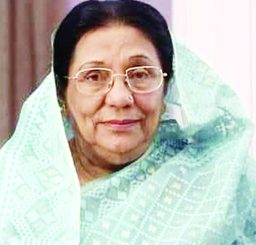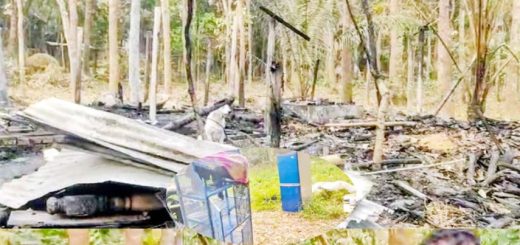India in contact with BDArmy

Special Report :
Indian External Affairs Minister S. Jaishankar has conveyed a message of cautious optimism regarding the situation in Bangladesh, following the recent mass student lead movement that led to the resignation of Prime Minister Sheikh Hasina. Addressing an all-party meeting and speaking in Parliament, Jaishankar outlined the Indian government’s proactive measures and diplomatic engagements aimed at stabilizing the neighboring country.
Jaishankar highlighted that India has maintained close and continuous communication with the Bangladesh Army. This outreach, led by General Waker-uz-Zaman, was crucial in ensuring the safety of Indian nationals and supporting efforts to restore law and order in Bangladesh. “We have reached out to the military leadership in Bangladesh and urged for the early restoration of peace, law, and order,” Jaishankar stated.
Emphasizing the Indian government’s commitment to its citizens, Jaishankar noted that approximately
8,000 Indian nationals, mainly students, have returned from Bangladesh amidst the unrest. “Our diplomatic missions, including the High Commission in Dhaka and Assistant High Commissions in Chittagong, Rajshahi, Khulna, and Sylhet, remain operational and are working to ensure the safety of our nationals,” he said.
The safety of minorities in Bangladesh has also been a significant concern. Jaishankar assured that India is monitoring the situation closely, with various groups and organizations in Bangladesh taking initiatives to protect minorities. “We welcome these efforts but will remain deeply concerned until law and order is visibly restored,” he added.
Discussing the political developments, Jaishankar explained that Sheikh Hasina had sought refuge in India at short notice after resigning. India has provided her with time to decide her future course of action. “She arrived in Delhi, and we are giving her the space to determine her next steps,” he said ? ?.
Sheikh Hasina’s initial plan to seek asylum in the UK has faced significant challenges due to UK asylum rules, which require asylum seekers to apply in the first safe country they reach. Consequently, Hasina has temporarily taken refuge in India. Reports suggest she may also consider seeking asylum in Finland, where she has family connections.
The Indian government, while providing temporary refuge, has not confirmed any long-term asylum plans for Hasina. Jaishankar indicated that India is giving Hasina time to decide her future course of action and is in close consultation with relevant authorities to ensure her safety during this period.
Jaishankar expressed confidence in India’s approach, highlighting the ongoing monitoring and diplomatic efforts to address the evolving situation. “The situation in Bangladesh is still developing, but we are optimistic that with continued communication and support, stability can be restored,” he concluded.
As the crisis unfolds, Jaishankar’s statements reflect a balanced approach of caution and optimism, underscoring India’s commitment to regional stability and the welfare of its citizens. The Indian government’s active engagement with the Bangladesh military and diplomatic efforts aim to foster a peaceful resolution to the ongoing unrest.
The analysis shows 19 of the deceased are children and adolescents including a 4-year-old child. Ninety four are 18-29 years old, 21 are 30-39 years old and 16 are about 40 years of age.





